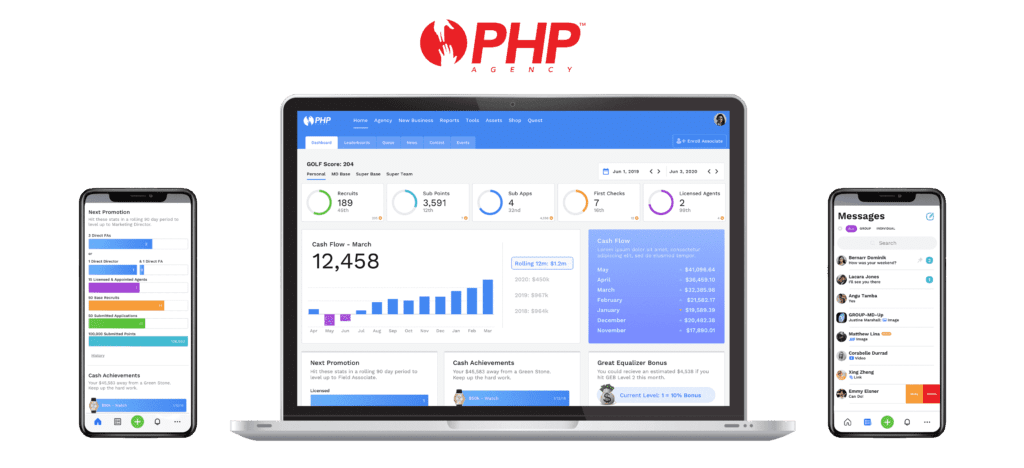Process Automation and Workflow Optimization
Transform manual operations into intelligent, automated workflows that handle complex decision trees.
- Agentic AI to autonomously orchestrate cross-functional workflows—synchronizing code changes, documentation, and deployment cycles—to turn high-level requirements into shippable software engineering features
- Robotic process automation (RPA) that eliminates repetitive tasks
- Workflow engines that route work based on business rules and AI insights
- Integration with existing ERP/CRM systems for seamless data flow
- Real-time monitoring and alerting systems











